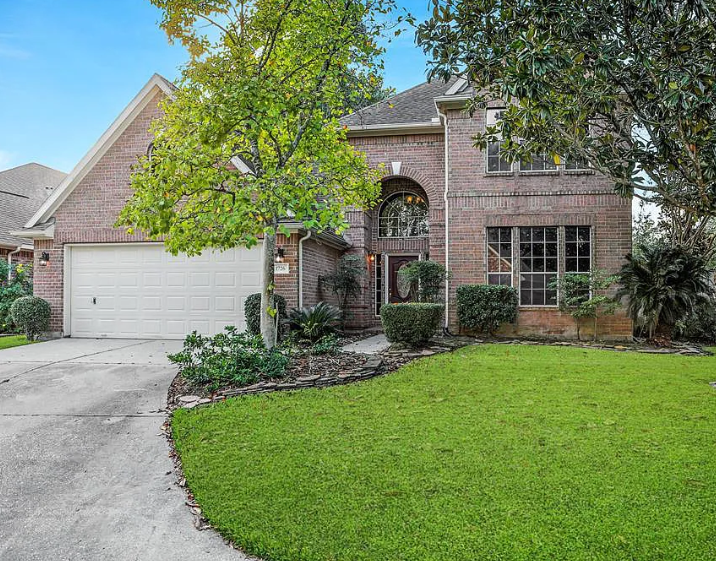Introduction: Buying a fixer-upper home can be an appealing option for many homebuyers. The opportunity to purchase a property at a lower price and customize it to your preferences can be enticing. However, it’s important to consider the pros and cons before diving into a fixer-upper project. In this blog post, we’ll explore the advantages and disadvantages of buying a fixer-upper home to help you make an informed decision.
Pros of Buying a Fixer-Upper Home:
- Lower Purchase Price: One of the main advantages of buying a fixer-upper is the potential for a lower purchase price. These properties are typically priced lower than move-in ready homes, allowing you to save money upfront. This can provide an opportunity to enter a desirable neighborhood or invest in a larger property that might otherwise be out of reach.
- Customization and Personalization: With a fixer-upper, you have the freedom to customize and personalize the home according to your preferences. From choosing paint colors to selecting fixtures and finishes, you can create a space that truly reflects your style and taste. This level of control over the design and renovation process can be exciting for those seeking a unique and personalized living space.
- Potential for Increased Value: When you invest time, effort, and money into renovating a fixer-upper, there’s potential for a significant increase in the home’s value. By making strategic improvements and upgrades, you can create a more desirable property that may fetch a higher resale price in the future. This can be a rewarding aspect of buying a fixer-upper, especially for those with a long-term investment mindset.
Cons of Buying a Fixer-Upper Home:
- Renovation Costs and Effort: Undertaking a fixer-upper project requires a significant investment of time, money, and effort. Renovations can be expensive, and unexpected issues may arise during the process, leading to additional costs. It’s essential to carefully assess your budget and realistically evaluate your willingness and ability to handle the renovation work involved.
- Lengthy Renovation Timeline: Renovating a fixer-upper is a process that takes time. Depending on the extent of the renovations needed, the project may stretch out over months or even years. This can be a challenge for those looking for a quick move-in or those who prefer to avoid the disruption and inconvenience that comes with a prolonged renovation period.
- Potential for Unknown Issues: Fixer-upper homes often come with hidden problems and unforeseen issues. From structural issues to outdated electrical or plumbing systems, there’s a risk of uncovering costly and time-consuming repairs during the renovation process. It’s crucial to conduct a thorough inspection and work with professionals to identify potential issues before making a purchase decision.
Conclusion: Buying a fixer-upper home offers the opportunity for cost savings, customization, and potential value appreciation. However, it’s important to carefully consider the renovation costs, the effort required, and the potential for unforeseen issues. Assess your budget, timeline, and willingness to take on a renovation project before deciding if a fixer-upper is the right choice for you. Consult with real estate professionals, contractors, and inspectors to gather expert advice and make an informed decision. With proper planning and realistic expectations, a fixer-upper home can be a rewarding investment that allows you to create your dream living space.
